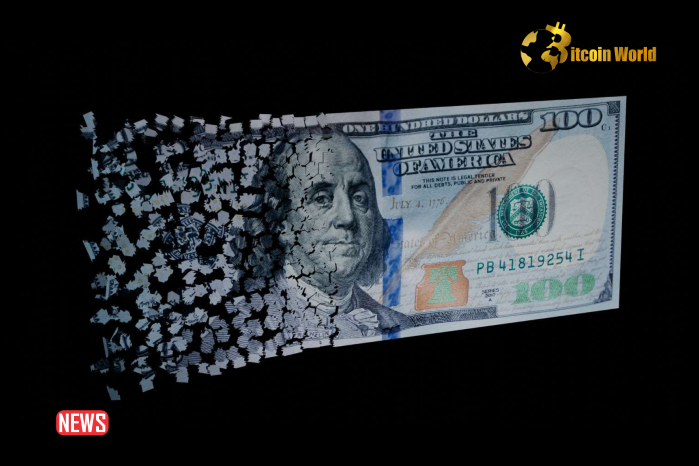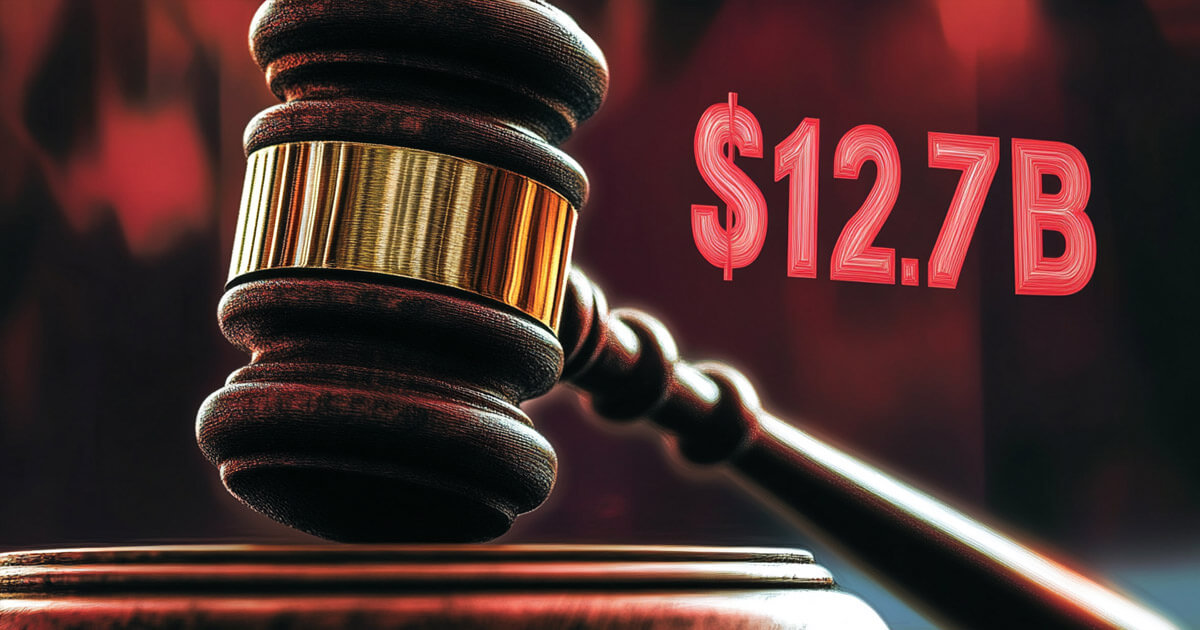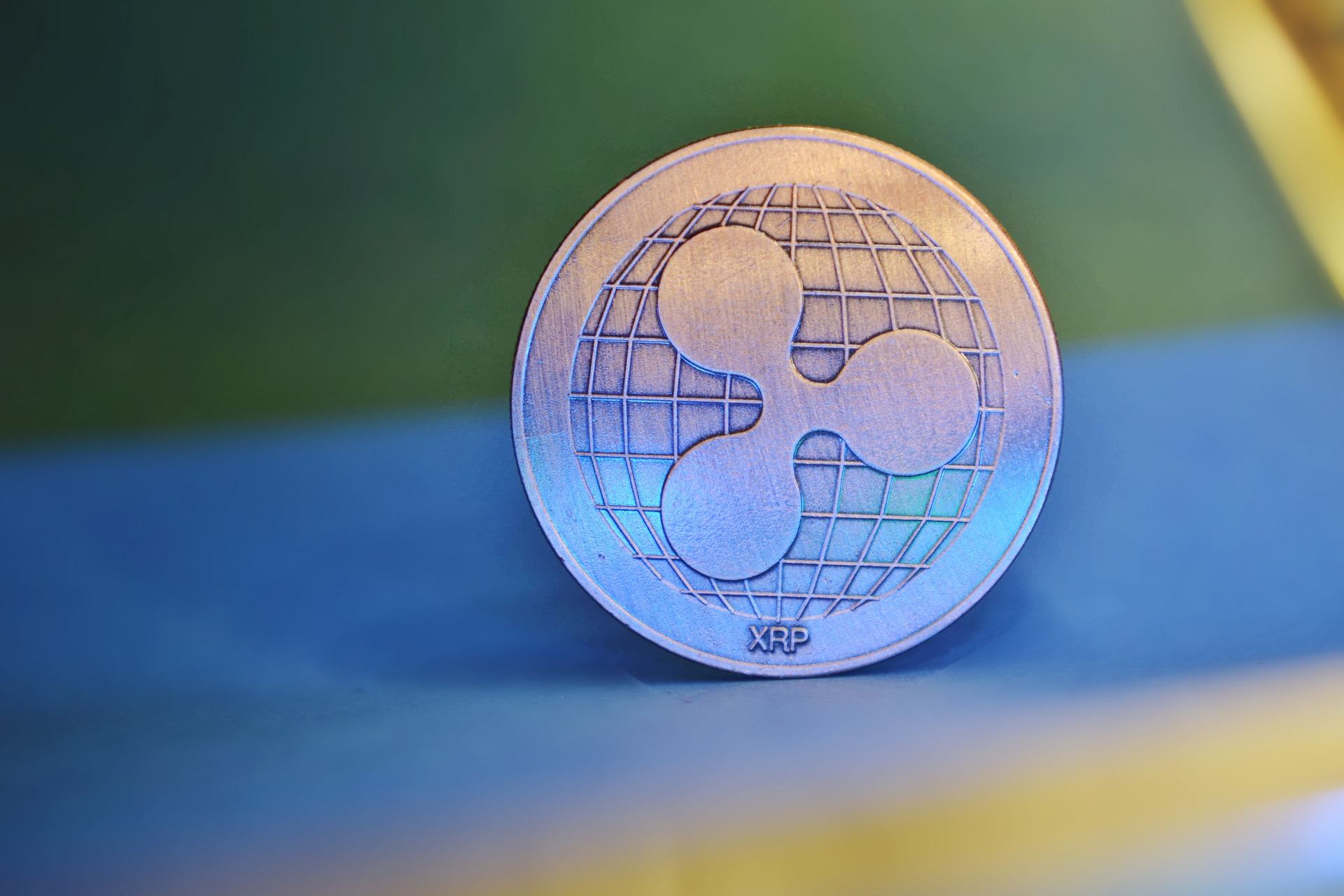Lack Of Confidence In National Currencies Affects De-Dollarization Move In Africa
Despite clearly articulating reasons for de-dollarization in Africa, African leaders will struggle to convince citizens to embrace national currencies without changing economic management practices.
People often lose confidence in a currency when a central bank excessively prints money to pay debts and other obligations.
De-Dollarization Hype Not Backed by Practical Action
Sometime in 2023, during the peak of anti-dollar hype, Kenyan President William Ruto questioned why his country and Djibouti still had to settle trade in US dollars when they had their currencies.
For Ruto, it made no sense that the two countries’ traders had to use the greenback when the United States itself was not in any way involved in the trade.
Although the Kenyan President’s poignant remarks were applauded by many, particularly in the so-called Global South, he is not the first to make this observation.
In fact, many had been questioning this arrangement, also known as dollarization, for years, but it never gained enough interest or forced politicians to reevaluate it.
The US dollar hegemony was never widely seen as a threat, even as a few small countries were highlighting Washington’s apparent use of the currency’s dominance to achieve political goals.
However, when the U.S. took the bold step of using the dollar’s dominance to punish Russia after its invasion of Ukraine, suddenly there seemed to be a consensus among countries that Washington was weaponizing its currency.
For countries fearing they might be the next target, advocating for an alternative to the dollar or de-dollarization became the logical course of action.
As global media reports attest, many countries and opponents of a U.S. dollar-dominated financial system were (and still are) advocating for the BRICS bloc to launch a currency that rivals the greenback. In fact, toward the end of 2023, many expected the bloc to finally roll out a currency to rival the U.S. dollar.
However, for the most rabid U.S. critics, BRICS’s failure or reluctance to launch such a currency was a bitter pill. Additionally, the lack of a clear roadmap for a BRICS currency rollout has dampened proponents’ hopes of seeing an end to the US dollar’s dominance.
Realizing that the much-anticipated silver bullet is no closer to fruition, many countries that had enthusiastically expressed their desire to join BRICS have returned to the drawing board.
Going back to the drawing board in this case means continuing to engage with Bretton Woods institutions like the World Bank and the International Monetary Fund (IMF). It also means these countries still have to use a U.S.-dominated financial system and abide by the rules set by Washington. Unfortunately, for countries under some form of U.S. sanctions, it means resorting to less reliable and more expensive alternatives.
Clearly, the process or task of establishing a currency that eats into the greenback’s dominance is a mammoth one. But why is it difficult to create or launch a currency that can challenge the U.S. dollar?
Alternatively, what has enabled the dollar to remain the most preferred reserve currency, even among those bitterly opposed to the U.S.?
US Dollar as a Store of Value
Well, a lot may have nothing to do with what the U.S. is doing right but rather with what its opponents are doing. A good example exists in Africa, where persistently high inflation rates have convinced citizens that holding onto a local currency is unwise.
Indeed, many African countries have dollarized economies because citizens choose to transact with the greenback instead of local currencies.
The U.S. dollar is often preferred not only because it is the most widely recognized foreign currency but also because it maintains its value—something most domestic currencies fail to do.
When a currency fails to maintain its value against other currencies, people lose confidence, and over time, many will start rejecting such a currency. Without confidence, a currency cannot survive.
People often lose confidence in a currency when a central bank wantonly creates money and uses it to settle debts and other obligations.
Injecting money that does not correspond with an economy’s production usually results in one thing: runaway inflation. Unfortunately, this is precisely what many central banks, including those in Africa, have been doing, leading to currency crises and eventual dollarization.
So, to answer the Kenyan President and those asking a similar question, traders between two African countries demand payment in US dollars because they lack confidence in their own or their counterpart’s national currency.
It does not matter how far away they are from the United States; the two traders prefer this because it has a stable value, at least when compared with their respective national currencies.
While the Kenyan leader has gone as far as to plead with traders to use local currencies, several African countries have banned the use of foreign currency in domestic transactions.
However, this approach has often not translated into increased local currency use. Instead, it has driven traders underground, harming local economies.
Usually, countries eventually relent. Ethiopia, which is thought to be a proponent of a BRICS-backed alternative to the dollar, is one country that recently abandoned this approach.
Therefore, until African countries improve currency management, residents will continue to view the U.S. dollar as a store of value. Traders will also demand U.S. dollar payments if they consider local currencies too volatile. And when their national currencies are shunned, African countries will struggle to run their economies.






